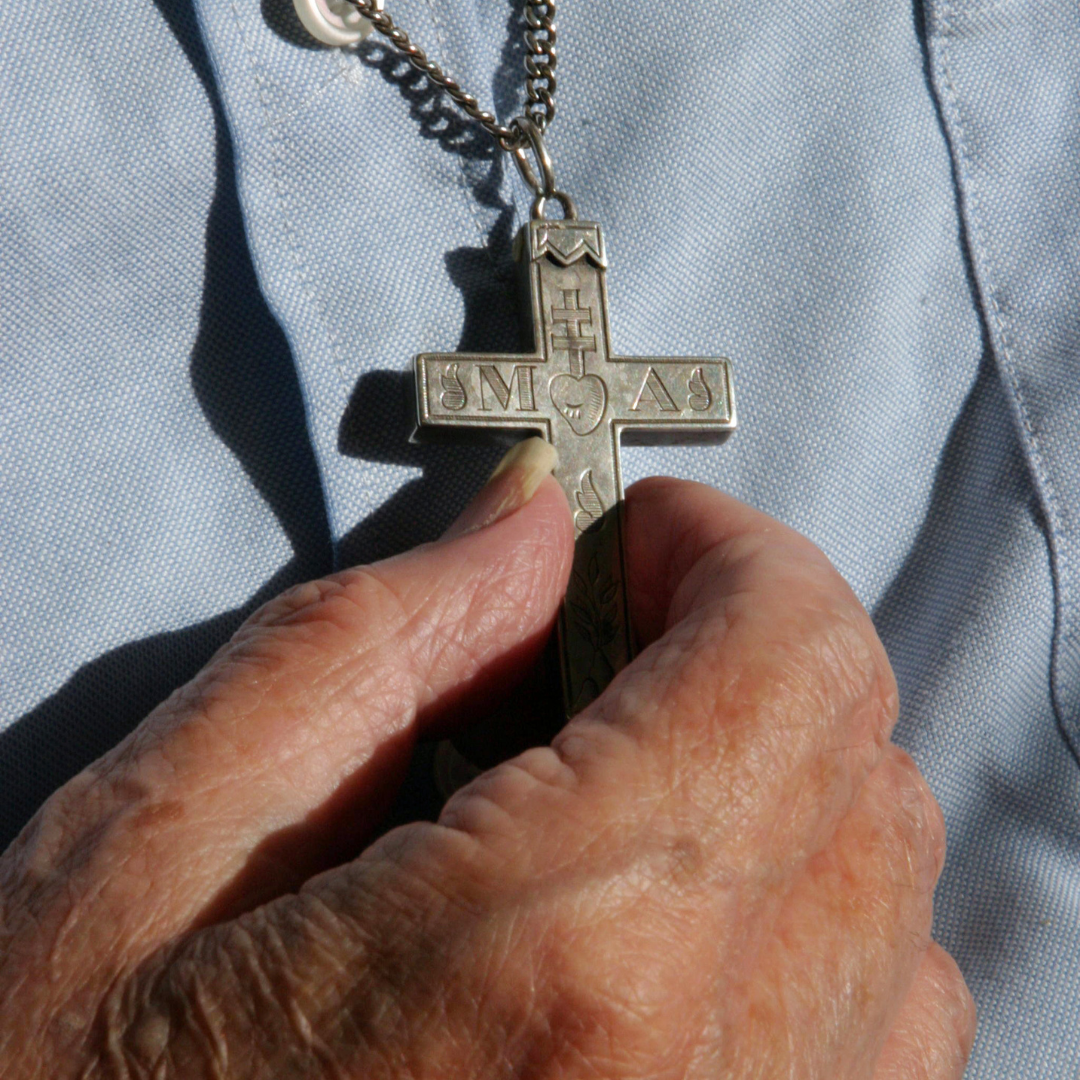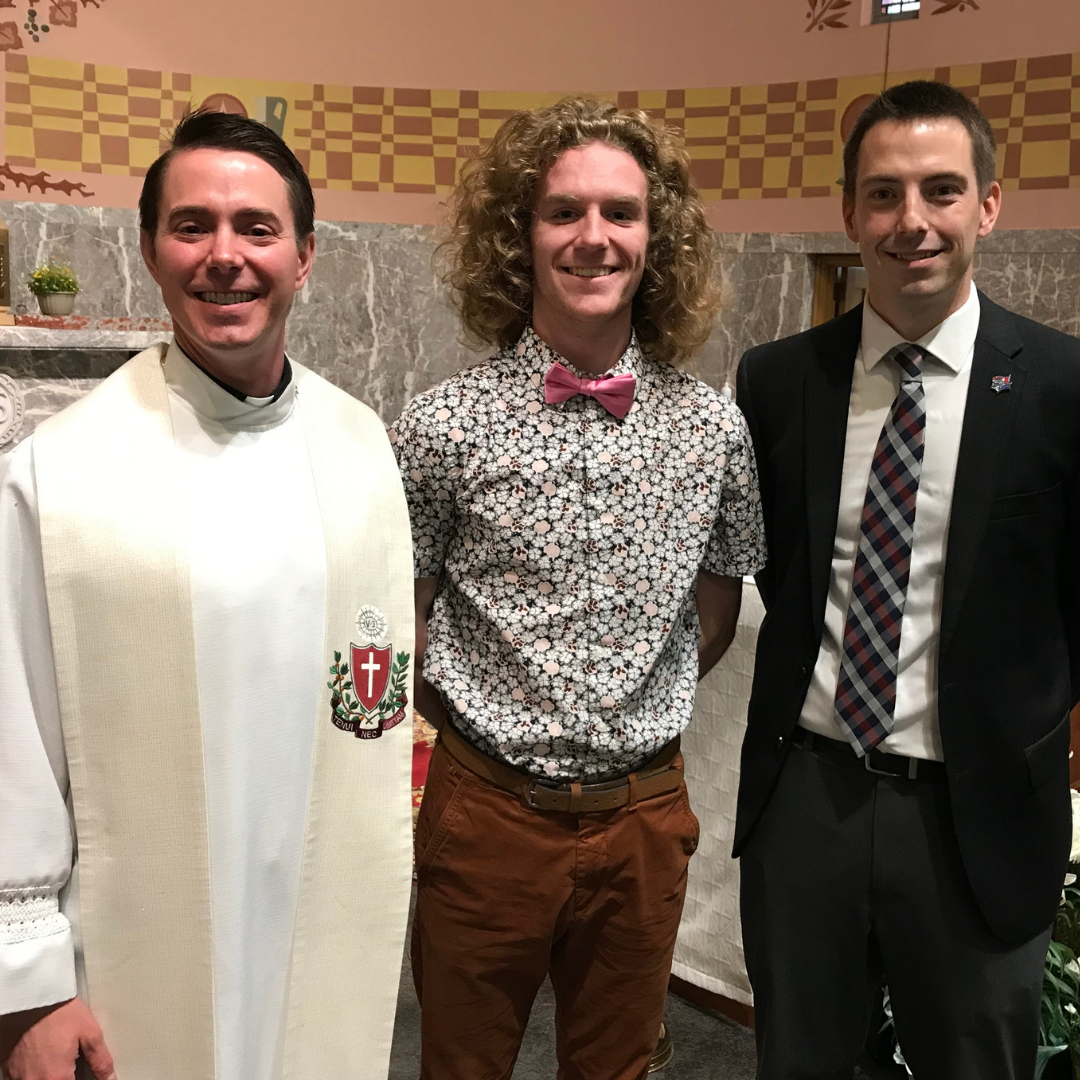A few weeks ago, I visited one of our senior Oblates residing in a local nursing facility. Due to back issues, he cannot walk or stand for any time, he needs assistance with basic activities. He also has mild dementia.
As we spoke he surprised me, asking if he had any role in an upcoming Province Assembly scheduled for the end of June. Our Assemblies typically occur every June, and, health permitting, every Oblate in the Province attends. It is always a joyful time as men from different parts of the country come together, reconnect, share what has happened over the past year, pray, share meals, plan for our future, and generally have fun together. All of us look forward to this time.
I was surprised he made this request because the Assembly is a four-day event, that includes travel, and spending the nights on site. Indeed, it is well beyond what is reasonable for him due to his health issues.
Catching me by surprise, I blurted out, “Of course, you can be there. Please join us.” At this, he was so excited and happy that he began to cry, and I didn’t have the heart to tell him how difficult it seemed. I knew that this would be an almost impossible request to fulfill. I also knew as I watched him weep, that his heart belongs to the Oblates, and not attending the Assembly would be sad and a painful loss for him. Chickening out, I told him I’d look into the possibility and get back to him next week. I just couldn’t tell him the truth and bring that disappointment to him at that time.
On the following Friday, I revisited him. On my way there, I prepared my response informing him, as gently as possible, that attending and participating in the meeting would be impossible. I was dreading it. As I entered his room, and before I could even say hello, he said, “Jack, I have to tell you something.” I sat down and he said, “I know you were probably driving here struggling to find words to tell me I cannot attend the Assembly. I want you to know that I have come to that conclusion on my own.”
He went on to say, “St. Francis de Sales teaches us to recognize and believe that God’s will is found in the ordinary stuff of our lives. Due to my health, I know that I will not be able to participate in the Assembly. I know that I am where I am because I need to be, and it is God’s will for me to find His embrace and place in His heart here. I spent last night praying about this and know this is the right decision.”
I can’t tell you how relieved I was and grateful for his beautiful insights and trust in God at that moment. His sacrifice in accepting this truth expressed his faith and deep immersion in our Salesian charism. We talked for quite a while following this exchange, and as I prepared to leave, he reminded me of the saying of Francis de Sales, “Why build castles in Spain when you have to live in France?” He said, “I guess my France is this nursing home. I don’t necessarily like it, but I know God’s embrace for me is here, and I will accept His will by staying here.”
For me, this was a spiritual and life lesson from a wonderful Salesian gentleman.
Fr. Jack Loughran, OSFS
Provincial
Toledo-Detroit Province



















































